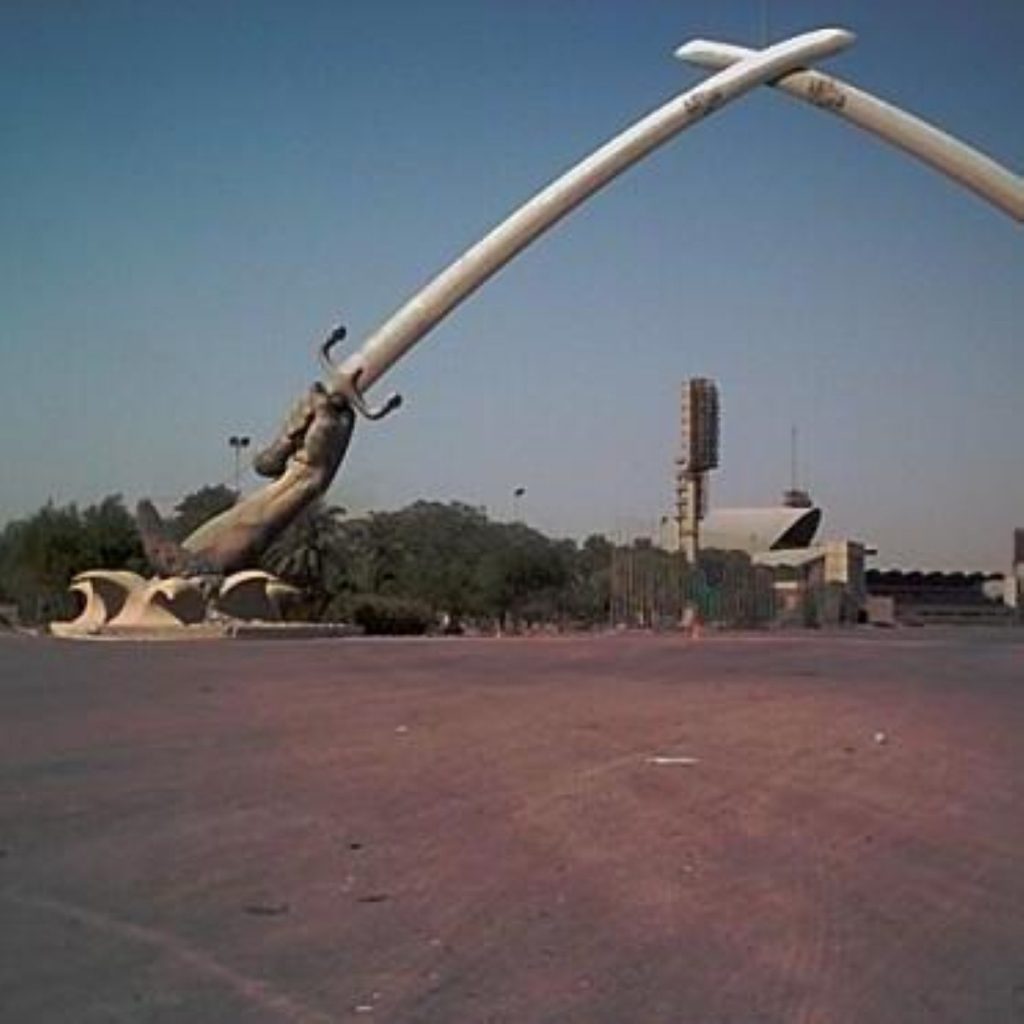Committee criticises post-war arrangements in Iraq
British troops are likely to remain in Iraq until 2006 at the least, according to a committee of MPs.
The influential House of Commons Defence Committee says “progress” in the fledgling democracy has been “impressive” but post-war arrangements dealing with reconstruction and die-hard insurgency have been marred by poor foresight.
Elections to the Iraqi transitional national assembly on January 30th this year are welcomed by the MPs as a “turning point” in Iraq’s development.
But the report identifies difficulties and delays in post-war “stabilisation” following the hand-over of authority from the coalition provisional authority to the interim Iraqi government in June 2004.


Criticism is directed at coalition forces for failing to predict the “resentment” from Iraqis and the potential for an insurgency.
“No post-conflict mission in the last 60 years has been as challenging as that which faced the coalition in June 2003”, the report says.
More positively, the cross-party report praises British troops in southern Iraq for keeping insurgents at bay and undertaking tasks outside their initial remit.
But security sector reform ought to have been given more prominence after the US-led invasion in March 2003.
Security reforms were derailed through a combination of poor centralised planning and dogmatism over “simple numerical targets” rather than the development of “real capabilities”.
Iraqi troops lack the ability to secure security and remained dependent on coalition forces, the report warns.
Committee chairman Bruce George MP says “significant progress” had been made in southern Iraq largely through “the professionalism, flexibility and pragmatism” of the British soldiers.
“We can be proud of what they have achieved. But for the future, the UK needs a comprehensive post-conflict planning capability. Leveraging the UK’s response to post-conflict challenges will also require better integration with our allies’ planning processes,” he adds.
The report adds that “suppleness and pragmatism” are central features of the British forces’ professionalism.
Britain currently has 8,600 troops in Iraq, while the US has 150,000.
Conservative Part shadow Defence Secretary Nicholas Soames said: “We consistently warned the government about the dangerous lack of a coherent plan for post conflict Iraq.
“This serious failure clearly set the reconstruction of Iraq back by at least a year and resulted in further suffering for the people of Iraq.”
Liberal Democrat counterpart Paul Keetch said the report reflected his party’s view that post-war Iraq would be more difficult to police than the war itself.
“What coalition forces failed to do was to prepare for the aftermath,” he said.

